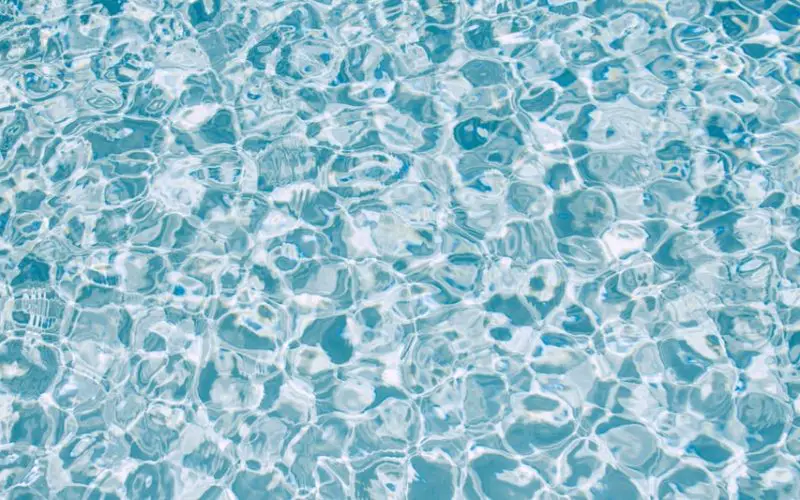does deionized water conduct electricity
Water is one of the most vital resources on our planet. Without it, life as we know it would simply cease to exist. However, not all water is created equal, and the quality of the water we consume can have a significant impact on our health and well-being. In this post, we will explore the importance of water quality and how it affects us on a daily basis.
Water Quality: Ensuring Safe and Clean Water
When we turn on the tap, we expect the water that comes out to be safe for consumption. This is where water quality comes into play. Water quality refers to the chemical, physical, biological, and radiological characteristics of water that determine its suitability for a particular purpose.
One of the primary considerations when assessing water quality is the presence of contaminants. Contaminants can be a result of various factors, such as industrial pollution, agricultural runoff, or even naturally occurring substances like minerals and microorganisms.
Contaminated water can pose serious health risks to those who consume it. Waterborne diseases, such as cholera and dysentery, can spread rapidly through contaminated water sources. Additionally, certain contaminants like heavy metals and pesticides have long-term health effects, including organ damage and increased risk of cancer.
To ensure safe and clean water for consumption, governments and regulatory bodies have set standards and guidelines for water quality. These standards outline the acceptable levels of various contaminants, ensuring that the water supplied to homes and businesses meets specific health and safety requirements.
Does Deionized Water Conduct Electricity?

When discussing water quality, one frequently asked question is whether deionized water conducts electricity. Many people assume that because water is a good conductor of electricity, removing all impurities from water would result in a non-conductive substance.
However, the truth is quite the opposite. Deionized water, as the name suggests, has had its ions removed, resulting in a pure form of water. Without the presence of ions, deionized water becomes a poor conductor of electricity. In fact, it is commonly used in scientific laboratories and industrial applications where non-conductive properties are required.
The reason behind this lies in the conductive properties of ions. In regular tap water or other sources of water, ions are present, which allows the flow of electric current. When these ions are removed through the process of deionization, the water no longer conducts electricity as effectively.
This is particularly important in certain industries where even trace amounts of impurities can interfere with sensitive equipment or chemical reactions. Deionized water provides a reliable and consistent source of water that does not introduce any unwanted contaminants or conductivity.
However, it's important to note that deionized water is not suitable for drinking. While it may be free from harmful contaminants, it lacks essential minerals that our bodies need for proper functioning. Drinking deionized water for an extended period may lead to mineral deficiencies and potential health issues.
In conclusion, water quality is a crucial aspect of our daily lives. Ensuring safe and clean water is essential for maintaining good health and preventing the spread of waterborne diseases. On the other hand, deionized water, although it does not conduct electricity well, serves specific purposes in scientific and industrial applications. It's important to understand the distinctions between different types of water to make informed choices and lead a healthy life.

Post a Comment for "does deionized water conduct electricity"
Post a Comment